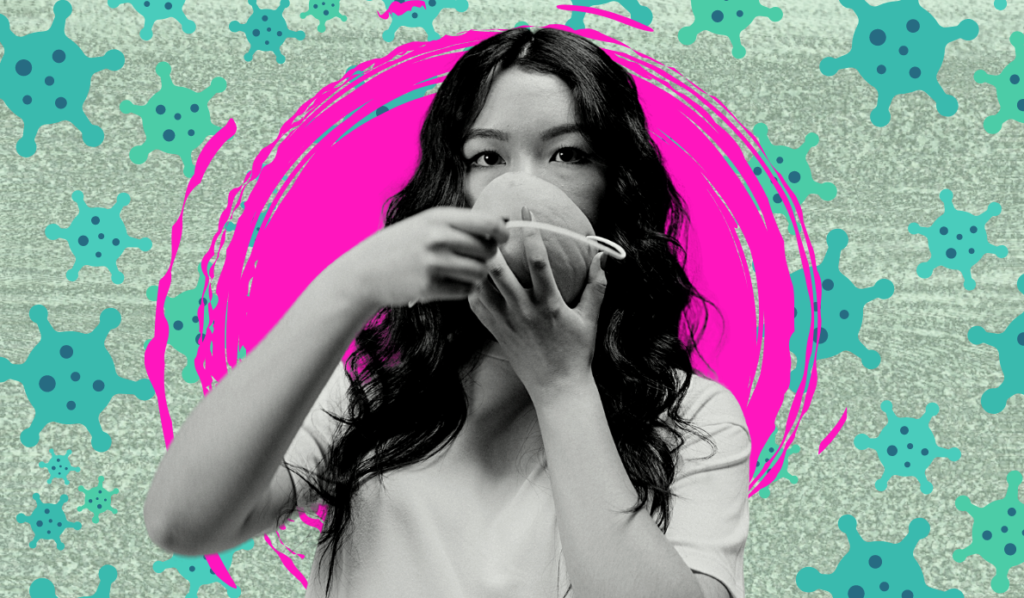COVID-related discrimination disproportionately affects racial minorities
A new study suggests mask-wearing could be a risk factor for discrimination in parts of the U.S.

PHOTO EDITED BY WE REP STEM.
Years from now, when we look back on 2020, there’s going to be a lot to unpack. Future textbooks could dedicate entire chapters to mask-wearing in the age of COVID-19 — from how it reduced the spread of the virus, to how it is becoming a fashion statement, and to how wearing one somehow became a political issue.
Even worse — mask-wearing has been identified as a risk factor for discrimination in parts of the U.S., particularly among racial minorities, according to a new study by researchers at the University of Southern California.
Between March and April 2020, the percentage of U.S. residents who experienced COVID-related discrimination more than doubled, from 4 per cent to 10 per cent, according to the researchers.
Asians and Black Americans were the most likely to report an increase in discrimination based on the perception they were infected with COVID-19.
In March, 11 per cent of the Asian and 9 per cent of the Black study participants reported pandemic-related discrimination. By April, that had increased to 16 per cent and 15 per cent respectively, compared to 9 per cent of white participants.
Brian Karl Finch, a research professor of sociology and spatial sciences with the Center for Economic and Social Research (CESR) and a study author, says mask-related discrimination was more prevalent in March before widespread stay-at-home orders went into effect.

The study sample is made up of of 3,665 U.S. residents aged 18 years or older who completed online surveys in March and April.
Participants who wore masks in public were asked if people acted as if they were afraid of them, threatened or harassed them, treated them with less courtesy and respect, or gave them poorer service at restaurants or stores.
“In our analysis … the raw numbers showed that the experiences of having others act afraid of them and treat them with less courtesy and respect were slightly more common than the other two, though we observed all four,” Ying Liu, a research scientist with CESR and a lead author in the study, tells We Rep STEM in an email.
“Part of this could be due to the lockdowns, during which a vast majority of restaurants and stores were closed (or people rarely go), and most people were staying at home (thus they had less opportunity to be exposed to more severe forms of discrimination such as harassment or threat).”
Participants who were victims of discrimination cited increased anxiety and depression as a result.
Liu says one-way discrimination can be reduced is by normalizing mask-wearing.
“If we all have the same appearance (i.e., wear face masks), we’re all less likely to get a second-look by others. This, in turn, promotes the public health not just in terms of preventing new infections, but also potentially reducing an unnecessary burden on mental health as we found that people experiencing discrimination had more symptoms of depression and anxiety.”
This is important, Liu says, because past outbreaks like SARS or H1N1 suggest victims of disease-related discrimination may be less likely to seek medical help.
“The mental distress or fear caused by discrimination could make them more afraid of exposing themselves to COVID-related encounters, such as hospitals or testing sites.”
Trends on mask-wearing discrimination and other COVID-19-related topics are being logged at the Coronavirus in America Study website.

Sign up for our newsletter and get our headlines delivered right to your inbox.
